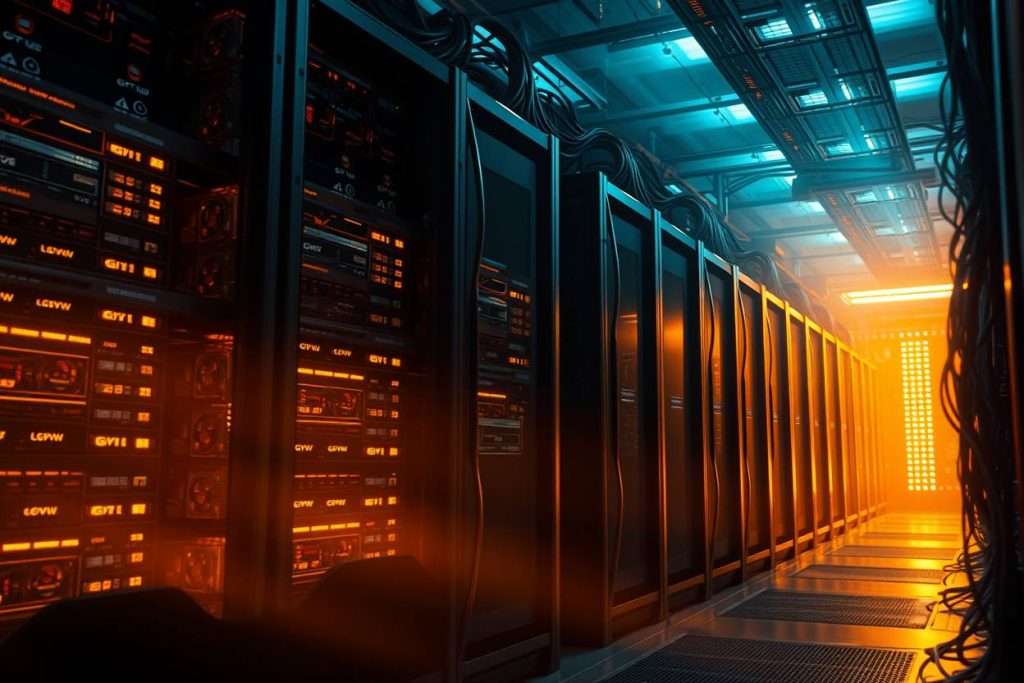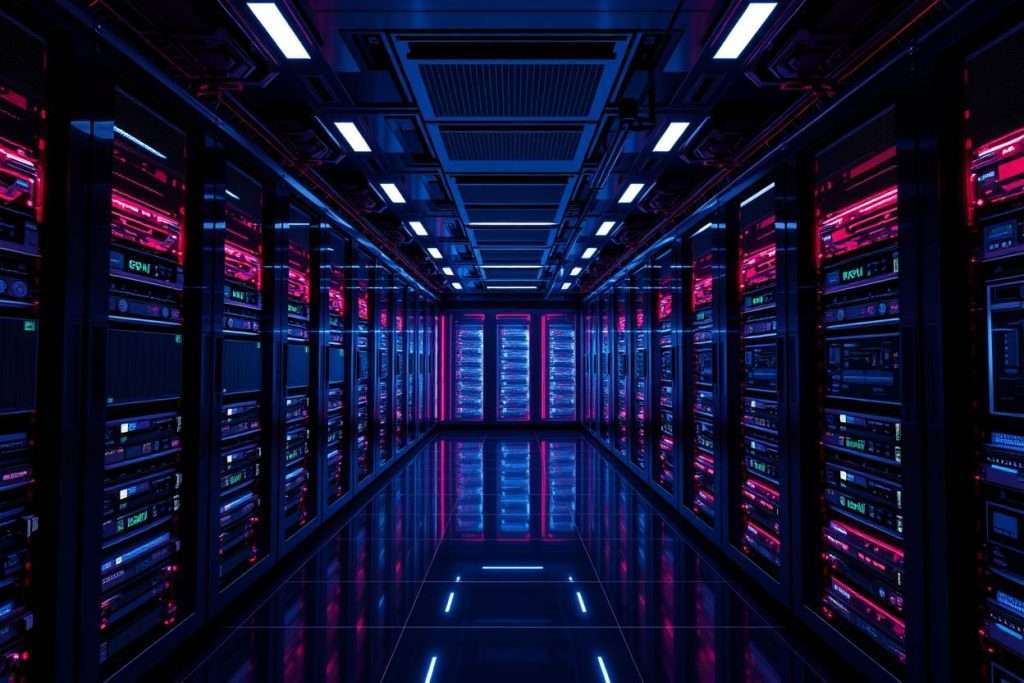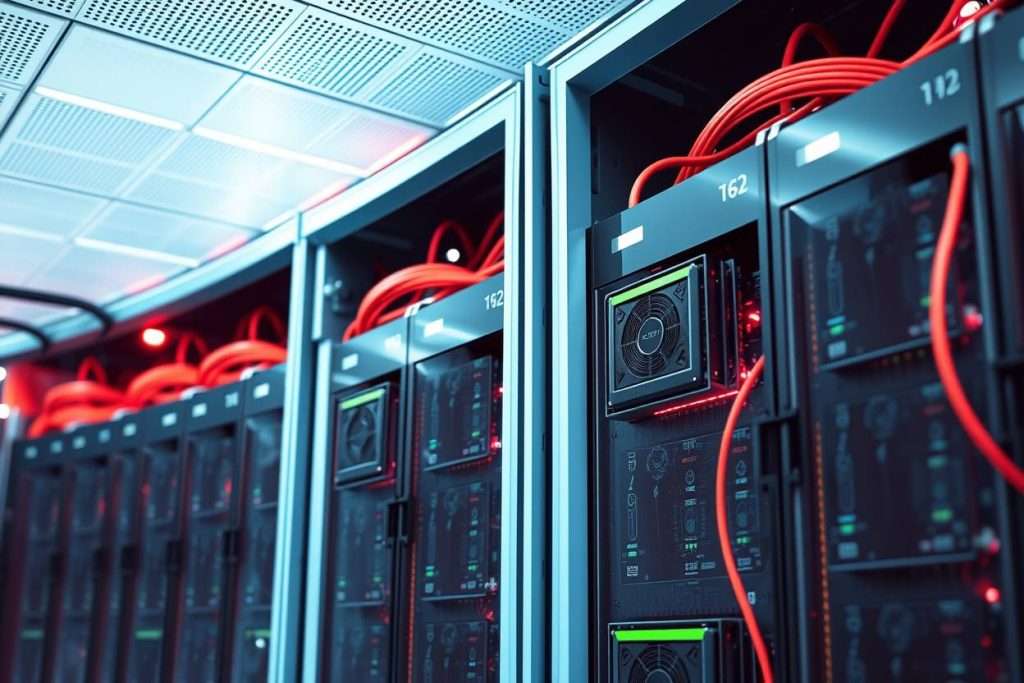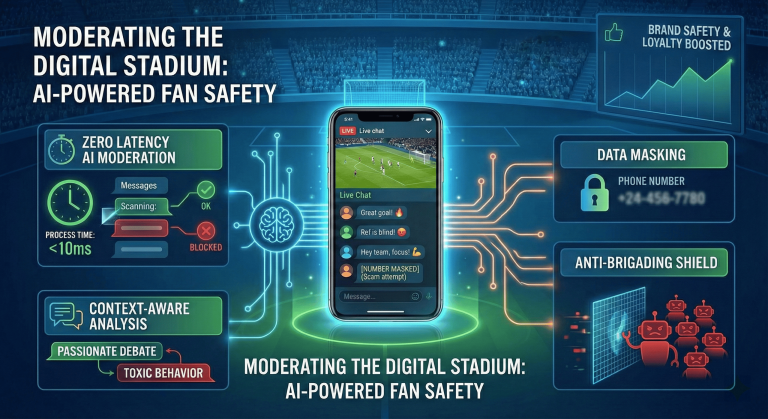Google Cloud GPU Alternatives: Best Platforms for Deep Learning & AI

As global businesses increasingly rely on deep learning and AI, they are further investing in cloud GPU infrastructure. With AI business solutions powered by GPUs, you can transform your daily work to meet your business needs. This is to offer better service and seamless integration processes. Among all the cloud GPU options on the market, Google Cloud GPU has been the frontrunner. However, many entrepreneurs are exploring alternatives to Google Cloud, often driven by concerns over pricing, complex billing structures, and specific feature needs.
Whether you’re training large language models, running stable diffusion workloads, or developing recommendation systems, choosing the right GPU platform can significantly influence your project’s cost, speed, and scalability. While Google Cloud Platform (GCP) remains a leading option, numerous businesses and tech teams are actively seeking alternatives in 2025.
Amazon Web Services, Alibaba, IBM, Google Cloud, and Microsoft continue to dominate the global cloud market, with the cloud infrastructure sector generating an impressive $90 billion in revenue in the fourth quarter of 2024, a 22% increase year-over-year.
As businesses are switching over to AI readiness, using the right cloud GPU is also essential. Below, we delve into some of the top alternatives to Google Cloud GPUs for deep learning and AI, outlining their standout features and pricing to help you make the best choice for your needs.
What is Google Cloud?
Google Cloud, a subsidiary of Alphabet, delivers a wide range of cloud solutions, including Infrastructure-as-a-Service (IaaS), Software-as-a-Service (SaaS), Platform-as-a-Service (PaaS), and serverless computing.
Beyond these, Google Cloud also offers website hosting, cloud storage, Database-as-a-Service (DBaaS), virtual desktop solutions through Google Workspace, and comprehensive managed services to support businesses of all sizes. Its infrastructure is built on a global network of data centers housing both physical assets like servers and hard drives and virtual resources such as virtual machines (VMs).
Benefits of Google Cloud
One of the benefits is its simplicity and the intelligent tools required for the information approach. Google offers a unified data platform that seamlessly handles workloads across clouds, on-prem, and SaaS. This solution is built to operate seamlessly across environments, whether in multiple clouds, on-premises, or within leading SaaS applications allowing you to harness your data wherever it resides.
- There are more than 900 partners and software integrations in the AI ecosystem
- More than 135 languages supported
- 110+ TB of data per second analyzed
Top Google Cloud GPU alternatives for Deep Learning and AI

- E2E Cloud
E2E Cloud is one of the best alternatives to Google Cloud GPU. As one of India’s leading platforms to rent GPUs at flexible prices, E2E Cloud provides access to NVIDIA H200, H100, A100, L40S, L4, and more, perfect for powering your AI and ML workloads. With infrastructure strategically located across India, E2E Cloud ensures compliance with local data regulations, making it a strong fit for regional businesses. Their GPUs come preloaded with popular AI frameworks, allowing teams to start working immediately without the need for lengthy setups.
Key Features
- Features dedicated NVIDIA H200, H100, A100, A30, and RTX GPUs tailored for intensive AI workloads.
- Delivers user-friendly dashboards, rapid provisioning, and API-first infrastructure, making it easy to experiment and scale.
- Ensures data remains within India, an essential factor for businesses with strict compliance requirements.
Limitations
Focuses mainly on the Indian market, which means it may lack a broad infrastructure footprint for global teams operating outside India.
Pricing
- H100 – ₹175 ($2.04) /hr
- H200 – ₹470 ($5.47) /hr
- A100 – ₹226 ($2.64) /hr
- Long-term reservations can cut costs by up to 30%.
- Amazon Web Services (AWS)
AWS stands as the leader in cloud computing and is often the natural alternative for those looking to move away from GCP. It’s ideally suited for organizations seeking the broadest selection of cloud services, exceptional global infrastructure, and a well-established ecosystem supported by a massive community. AWS is frequently the default choice for large-scale deployments, trusted by everyone from agile startups to Fortune 500 giants.
Key Features:
- Offers more than 200 cloud services spanning compute, storage, databases, networking, machine learning, and analytics.
- Includes core offerings like EC2, S3, RDS, and Lambda, alongside specialized solutions such as robotics APIs, satellite ground stations, and quantum computing environments.
- Operates across 33 regions and 100+ Availability Zones, ensuring low latency, high availability, and robust multi-region disaster recovery.
Limitations:
- Since there are too many features and services, new learners may feel overwhelmed and increase the risk of misconfigurations.
- Managing AWS can become complex, with users needing to navigate multiple consoles, command-line tools, and service-specific interfaces.
Pricing
- NVIDIA 8× V100s, 16GB each, is priced roughly at $24.48 per hour.
- AWS p4d.24xlarge 8× NVIDIA A100, 40GB each, is for $32.77 per hour.
- Runpod
Runpod is a cloud platform specifically designed to support scalable AI development. Whether you’re fine-tuning large language models or deploying them to production, Runpod equips AI teams with the infrastructure they need, minus the complications of rigid pricing or sluggish provisioning.
Key Features:
- GPU Pods: These containerized GPU environments offer root access, persistent storage, and complete control.
- Secure vs. Community Cloud: Opt for Secure Cloud for enterprise-grade compliance and reliability in Tier 3+ data centers, or select Community Cloud for cost-effective and peer-to-peer compute.
- Real-Time GPU Monitoring: Monitor memory, thermal stats, and performance directly through Runpod’s dashboard, eliminating the need for external monitoring tools.
Limitations
Runpod’s primary focus is on compute, especially GPUs and containers.
Pricing
- NVIDIA A100 80GB GPUs cost approximately $1.64–$1.89 per hour.
- RTX A4000 instances start around $0.32 per hour.
- Microsoft Azure
Microsoft Azure is a premier alternative to GCP, ideal for enterprises and organizations that need an extensive suite of cloud services, global reach, and seamless integration with Microsoft’s software ecosystem. For workloads that rely heavily on Windows Server, .NET, or existing tools like Active Directory and Office 365, Azure delivers a unified experience.
Key Features:
- Provides a broad spectrum of services, from core VMs and storage to sophisticated analytics, IoT, and machine learning, much like AWS.
- Offers developers a deeply integrated environment with Visual Studio, Azure DevOps, and GitHub.
- Prioritizes robust security, compliance, and identity management with Azure Active Directory at its core.
Limitations
- Complex Pricing Features
- Limited cost management
Pricing
- ND A100 v4 (8x A100 40GB) – $32/hr, ND v5 – $20/hr
- Spot pricing can drop costs by 90%.
- DigitalOcean
DigitalOcean is yet another alternative to Google GPU and is a popular choice among startups and developer teams who want dependable infrastructure without the heavy complexity that comes with larger cloud platforms. With its acquisition of Cloudways, DigitalOcean now also provides fully managed hosting, positioning it as a strong alternative to Google Cloud for developers, educators, and small teams beginning their AI or machine learning journeys.
Key Features:
- User-Friendly Platform: A streamlined interface and straightforward setup make it easy to launch GPU-accelerated workloads.
- Customizable GPU Droplets: GPU Droplets are designed to meet diverse AI and ML performance requirements.
- Kubernetes Integration: Offers GPU-enabled nodes through DigitalOcean Kubernetes, supporting containerized applications and effortless scaling.
Limitations
- Limited service offerings
- Designed for technical users
Pricing
GradientAI GPU Droplets starting at $1.49/GPU/hour*
- Vultr
Vultr is an excellent option for small businesses seeking fast cloud infrastructure, reliable web hosting, and responsive customer support, against Google Cloud GPU. It also stands out as a top alternative to Google Cloud, offering robust APIs and an intuitive control panel. Vultr delivers affordable, globally distributed cloud GPU infrastructure, making it ideal for teams that need rapid, widespread GPU access.
Key Features:
- Powerful Control Panel: Effortlessly manage and share your cloud resources with Vultr’s streamlined interface.
- Built-In DDoS Protection: Every instance includes mitigation capabilities of up to 10 Gbps, ensuring resilience under heavy traffic.
- KVM-Based Platform: Flexibility to upload and run your own OS images, whether Linux, Windows, or FreeBSD.
Limitations
- A relatively small number of data center locations may result in higher latency if your deployments are far from these regions.
- Currently, there are no volume discounts available.
Pricing
- NVIDIA HGX A100 starts at $1.490/GPU/hr.
Conclusion

The cloud GPU landscape in 2025 is more dynamic and varied than ever before. Although Google Cloud Platform continues to be a major player, its complexity, pricing model, and certain constraints have driven many teams to look elsewhere. Today’s market spans everything from enterprise leaders like AWS and Azure to niche platforms such as Runpod, offering solutions that cater to diverse needs.
By thoughtfully comparing your choices, you can select a GPU cloud provider that accelerates your AI initiatives without stretching your budget.




